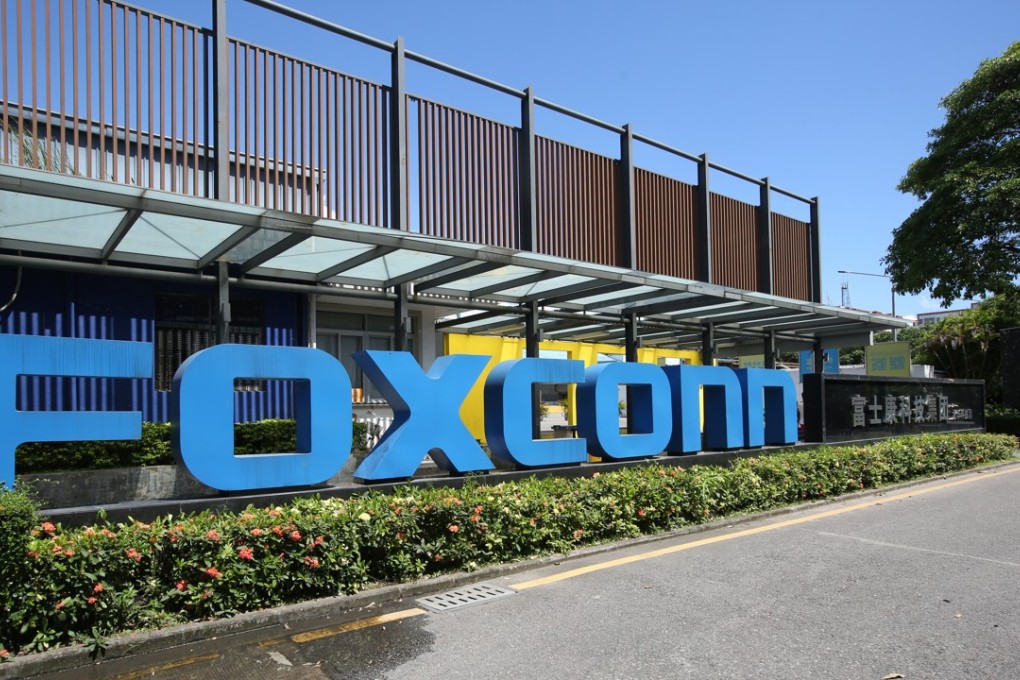Blockchain sharpens Dianrong’s edge in P2P lending to small businesses
Dianrong to expand Shenzhen team as its teams up with Foxconn on the Chained Finance blockchain platform that aims to revolutionise supply chain finance.

Dianrong, one of China’s top peer-to-peer lending platforms, is combining blockchains to its loans assessment system, aimed at helping small and medium suppliers with unsteady cash flows breach the last mile of creditworthiness to obtain financing.
The proof of concept was in March, when Dianrong (點融) set up Chained Finance with FnConn, the financing arm of Foxconn, the world’s largest contract manufacturer of consumer electronics. Chained Finance originated US$6.5 million in loans for small and medium suppliers in a successful pilot.
“Finance is about managing information, the most important element is credibility and trust,” said Dianrong’s founder and chief executive Soul Htite, in an interview with the South China Morning Post. “Blockchain offers us a new model to maintain the transparency” of financial transaction information at very little cost, he said.

With contracts embedded with certain business rules in the blockchain, manufacturers can ensure that suppliers only get paid if they abide by the agreement, preventing suppliers from outsourcing work while allowing manufacturers to know exactly which suppliers they are working with on a project.
Dianrong, founded in 2012 in Shanghai by the Lending Club’s alumnus Htite and Chinese entrepreneur Kevin Guo, originated 16.23 billion yuan (US$2.4 billion) of loans in 2016, more than double the year earlier. While lenders earn interests paid by borrowers, the platform takes a 10 per cent fee.